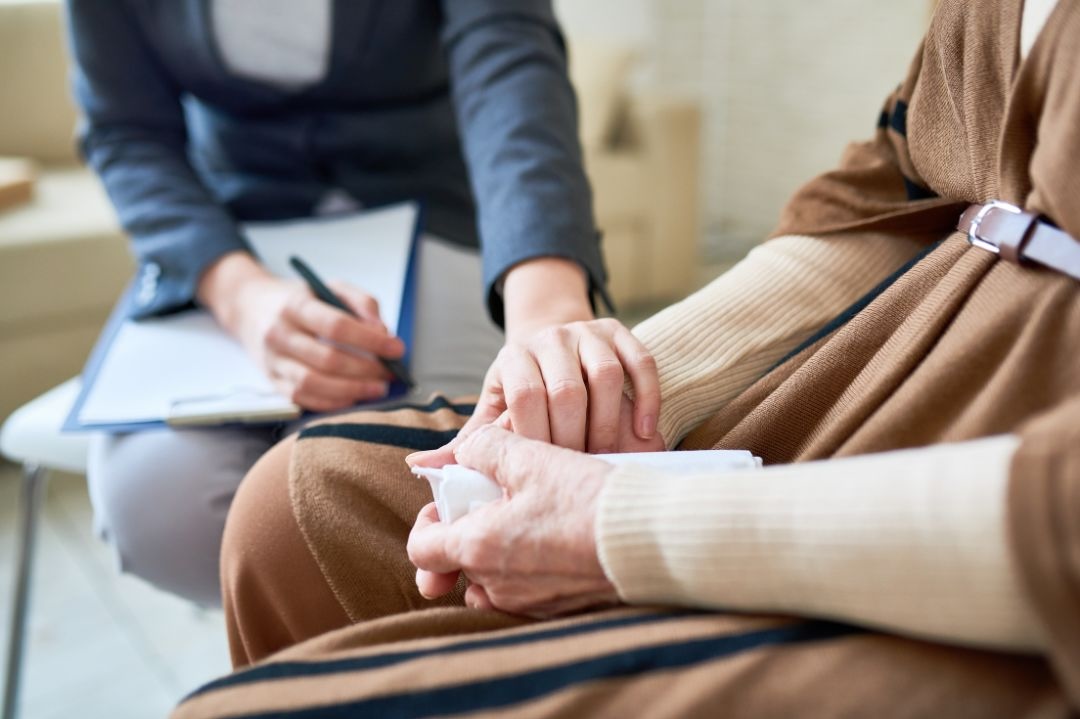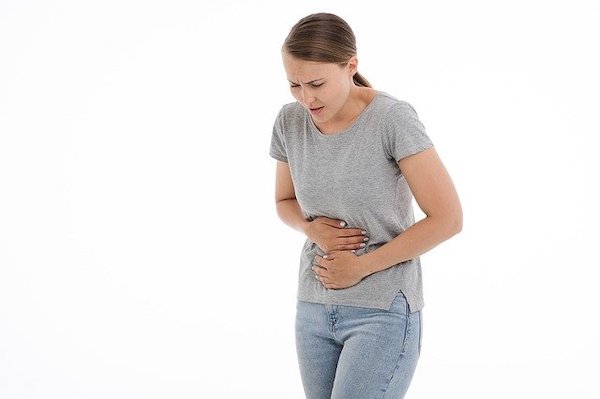Colitis and Crohn’s disease are Inflammatory Bowel Diseases where the intestines can become swollen, inflamed and ulcerated. The symptoms for these conditions include abdominal pain, loss of weight, diarrhoea, urgent need to go to the toilet, and tiredness. These symptoms will vary from person to person and can be more extreme for one person and not for another.
Diarrhoea caused by IBD is often accompanied by blood and mucus, especially with Ulcerative Colitis. The symptoms not only vary from person to person but may flare-up or improve/ go into remission unpredictably.
Colitis and Crohn’s – what is the difference?
Ulcerative Colitis and Crohn’s Disease are long term illnesses but they do have differences. Ulcerative Colitis affects only the inner lining of the large bowel and Crohn’s Disease can affect all layers of the lining of any part of the intestines and other parts of the digestive system.
It is important to get a clear diagnosis of Ulcerative Colitis or Crohn’s as both conditions can be treated by drugs and/or surgery.
Colitis and Crohn’s Disease and incontinence
Incontinence can be a problem for some suffering from Colitis and Crohn’s. Both conditions can cause diarrhoea and also an urgent need to go to the toilet. This can lead to accidents which can leave you feeling embarrassed and uncomfortable. To avoid accidents, or if they cannot be avoided, to help you deal with them, it is a good idea to always be prepared.
When you are at home, accidents should be relatively easy for you to manage. Make sure you have the necessary equipment in the bathroom to hand should you have an accident, such as disposable tissues which are a lot more hygienic to clean yourself with and less likely to irritate the skin. Air fresheners are also useful to disguise any smells.
If you are concerned about having an accident when you are out and about, keep some spare, clean underwear in your bag and a packet of baby wipes to help you stay fresh and comfortable. Keep a plastic bag handy so you can dispose of any soiled items too. It is also a good idea to know where the nearest toilets are located.
B&BC can provide a ‘Just Can’t Wait’ toilet card which could help you gain access to a toilet when out shopping or socialising. The card states that the card holder has a medical condition and may require the urgent use of a toilet. If you would like to apply for a toilet card online or order one by phone, please visit our toilet card page for more information.
If you experience accidents often, you might want to consider using some continence products, such as pads that can offer security and contain any leakages.
Colitis and Crohn’s Disease and Constipation
Constipation can sometimes occur in those with Colitis and Crohns Disease.
Generally, increasing fibre intake is a good self-help method to relieve the symptoms of constipation, however this is not always the case for people with Colitis and Crohns Disease. For some, fibre could be the cause of constipation and can even make the symptoms worse. Moderating or even reducing fibre intake until symptoms improve or disappear could help. For others dairy foods could be the problem, everyone is different so it’s always best to find out what triggers it for you.
Keeping a bowel diary is an effective way to see which foods and beverages set off your symptoms. If you keep the diary for a couple of weeks you will get a good idea of which foods and drinks you’ll need to avoid and then you can start to use this information when planning your meals.
If your symptoms persist, it’s always best to speak to your GP for advise as they should be able to recommend other methods which you can use to help ease your symptoms.
Further Help
If you are concerned about your problem and it is starting to affect your day to day life make an appointment to see your doctor, continence nurse or specialist physiotherapist. A continence nurse and specialist physiotherapist are healthcare professionals who specialise in bladder and bowel problems.
For more information about Colitis and Crohn’s Disease please contact Crohn’s and Colitis UK:
Email: info@crohnsandcolitis.org.uk Website: www.crohnsandcolitis.org.uk
Information Service: 0300 222 5700 Mon, Tue, Wed & Fri: 09:00 – 17:00 Thu: 09:00 – 13:00
Crohn’s & Colitis Support: 0121 737 9931 Mon to Fri: 13:00 – 15:30 and 18:30 – 21:00








